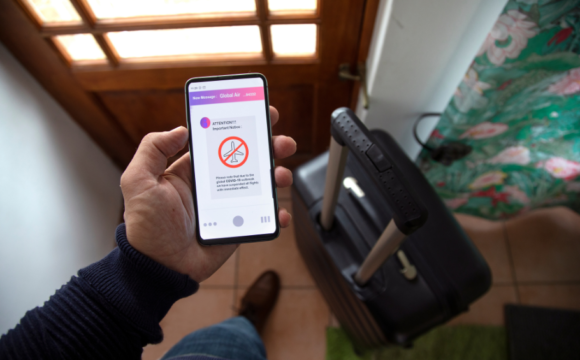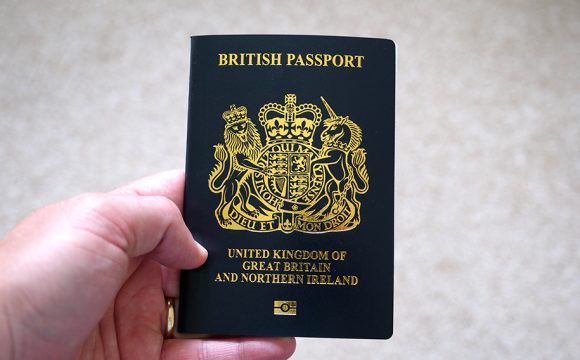When working away from your normal office you may well be tempted to use your hotel’s Guest WiFi.
It’s important to remember that the hotel industry is among the top sectors to suffer data breaches. Cyber criminals are all too aware of quantity of information hotels may hold about guests: your name, address, car registration, passport and credit card details. And that’s before you check in!
As you connect to the hotel WiFi network you’re required to enter personal details. Where does this information go? Most Guest WiFI access has a software that sits behind the access points and stores all this information. When cybercriminal gains access to the backend, there’s potential for catastrophe.
Here are five ways to protect your data when using public or Guest WiFi:
Tether to your mobile
Public WiFi networks are rarely secure and often used by hackers to gather data they shouldn’t. We recommend, wherever possible, to connect to the internet via your mobile phone. Use your data allowance, and the security built into your phone, instead of a public network. Mobile data is becoming cheaper and cheaper:
- Vodafone has a 20Gb data SIM only contract for £20 per month
- O2 are selling 32Gb of data for £26 per month
The only issue comes when you cannot get a decent signal, most likely due to the structure of the building.
VPN connection
If you cannot get a secure internet connection, a Virtual Private Network (VPN) connection is the next best thing. This allows you to connect to your company network by creating a secure “tunnel” between your laptop and your network. This stops others from accessing your data.
To create a VPN, talk to your IT department. They are likely to have their preferred software application for this, or if you want to use the Windows VPN tool, you will need to know the names and IP addresses of the server(s) you wish to connect to.
RFID Shield
In hotels and other public places thieves can easily steal your card information by skimming. With near-field communication (NFC) technology, they don’t have to get hold of the card anymore; simply get close to it. Passive Radio Frequency Identification (RFID) protection comes in the form of a shield (credit card sized) that slides into your wallet next to your cards or there are now wallets with this tech built into the material. More active solutions, using other radio frequencies, will actively block the signal used by the skimmers.
Don’t be discovered
When you do log into a public WiFi, it will sometimes ask you if you wish to be discovered, or visible, to others on the network. Always say No. Also, turn off file and print sharing so you don’t send or receive files across the WiFi.
Don’t leave them
You are in the breakfast room and want to top up your coffee. Do you take the risk and leave your devices? No, always have them with you. It’s a minor inconvenience compared to telling your boss there’s been a data breach and she has to report this within 72 hours to the Information Commissioners Office (ICO).
GDPR and data security have only made it more important to protect your data. However, the biggest issue isn’t fines or paperwork; it’s the loss of your company’s intellectual property and the loss of trust from your clients that will hurt the most. Using the suggestions above will protect you.
ABOUT THE AUTHOR
Mike Ianiri is Director of independent telecoms brokerage Equinox. Mike works with companies, charities and other organisations to help them choose the right telecoms packages for their needs and thereby reduce their costs. He is particularly knowledgeable on the integration of IT and telecoms in business. Twitter: @CommsEquinox
















